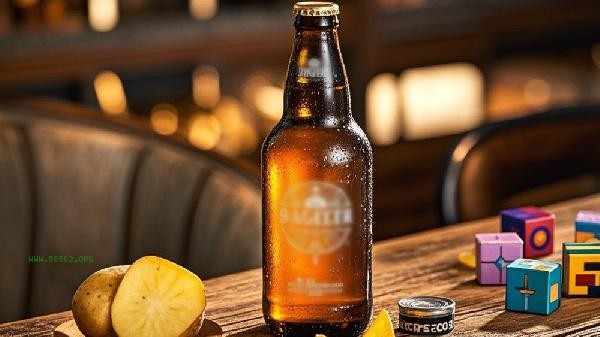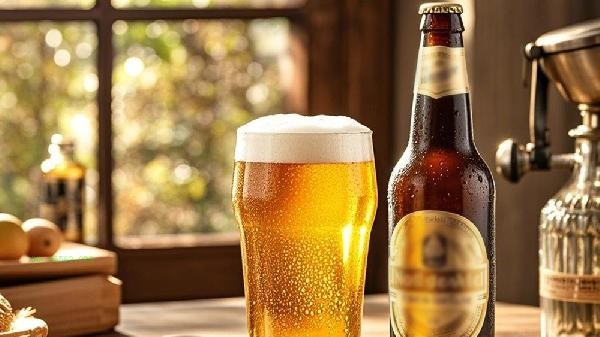The simultaneous consumption of beer and betel nut may have adverse effects on health, mainly involving gastrointestinal irritation, increased cardiovascular burden, and oral mucosal damage. The mixture of the two may cause symptoms such as nausea, vomiting, palpitations, dizziness, and oral ulcers, which can increase the risk of gastrointestinal diseases and oral cancer in the long run. The alcohol in beer can accelerate the absorption of arecoline, enhance its stimulating effect on the nervous system, and may cause discomfort such as facial flushing and increased sweating in a short period of time. The crude fiber and alkaloids in betel nut are more likely to damage the oral and esophageal mucosa under the action of alcohol, and some people may experience gum bleeding or burning sensation in the stomach. The synergistic effect between acetaldehyde produced during alcohol metabolism and betel nut components can increase the detoxification burden on the liver.

Betel nut contains arecoline, which has a sympathetic nervous system like effect. When combined with alcohol, it may induce arrhythmia or blood pressure fluctuations, and patients with pre-existing hypertension or coronary heart disease are at higher risk. Long term mixed consumption can cause oral mucosal fibrosis, manifested as limited mouth opening, decreased taste, and may promote the progression of alcohol-related liver disease. Some individuals may experience allergic reactions, manifested as itchy skin or difficulty breathing.

It is recommended to avoid consuming beer and betel nut at the same time, and chew betel nut at least two hours after drinking alcohol. Daily attention should be paid to controlling alcohol intake, and those who chew betel nut should undergo regular oral examinations. Maintaining a light diet and consuming fresh fruits and vegetables rich in vitamins can help repair mucosal damage. When symptoms such as persistent stomach pain, oral leukoplakia, or palpitations occur, it is necessary to seek medical attention promptly at a gastroenterology or stomatology department.









Comments (0)
Leave a Comment
No comments yet
Be the first to share your thoughts!